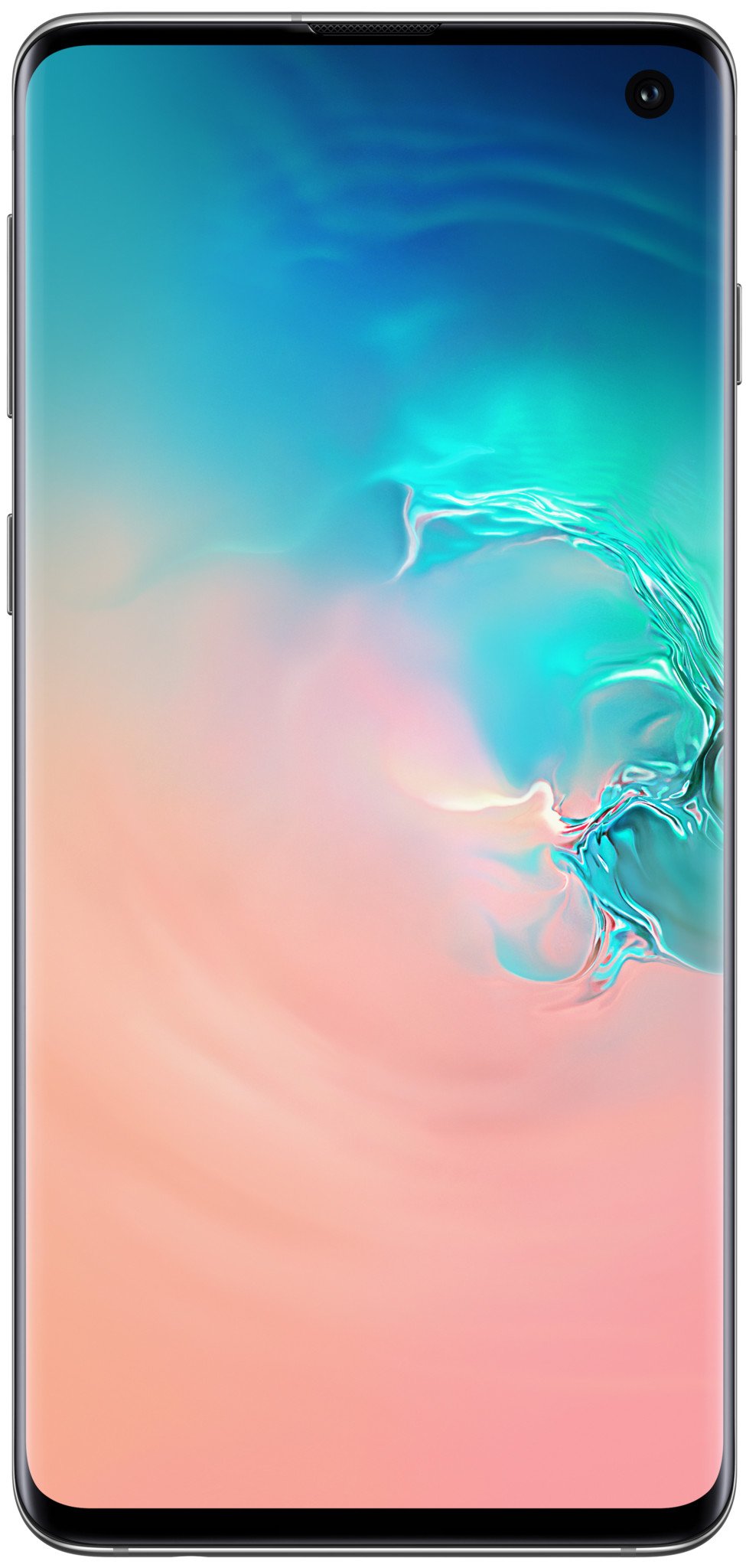Get ready for a whole bunch of pointless hole punches in displays, complete with awful software to make the experience worse.
Let's get this out of the way early: hole-punch displays are stupid. They're poorly implemented cosmetic solutions to a fake problem, and they make your phone less functional simply by existing. The one saving grace to Samsung's gross af hole punch displays this year was how few if its competitors seemed to have picked up on the trend. While there were a couple of other manufacturers in China willing to give it a shot, most of the other phone manufacturers appeared to have devoted this energy elsewhere.
It turns out that had very little to do with a desire to avoid the hole punch, but instead was the result of a long-rumored exclusivity period Samsung had on the tech. So welcome to 2020, where the hole-punch display is probably going to take over the U.S. and the software managing it will get way worse before it gets better.
While Samsung's implementation of the hole punch has improved with software updates, this hardware update is still not a net positive for its phone line. There's still unnecessary dead space around the holes, the notification gap is never not noticeable, and the fun things Samsung has added to the software don't actually improve the experience any.
You can put a very cool battery ring around the hole punch, letting you know how much power you have left... but this official software from Samsung doesn't let you choose between this and the standard battery reporter, so you just have both right next to one another. Ever put your phone in a cupholder upside down so you could charge it while you used GPS?
With a hole punch display, the whole bottom of the phone is cropped to save you from the display awkwardness and leaves you with functionally less display to work with. Even if you can look past these things or you say it doesn't bother you, this implementation is functionally worse compared to what we had before, where bezels were slightly thicker and the selfie camera was above the screen.
Shouldn't we be over this hole punch thing by now? Google's new facial recognition tech is really good
Samsung has had a year head start and a considerably larger software budget than most of its competition, and still can't create a functional way for this display tech to be better than just having a little extra bezel. With that in mind, what do you think these experiences from the other manufacturers will look like?
Aside from OnePlus, a small company making products mainly for power users, I can't imagine any software team making the hole punch useful. And even if they did, shouldn't we be over it by now? Google's new facial recognition tech is really good, and is only going to get the software support it so badly needs if other manufacturers start using it. Only you can't really do that and have a super slim bezel, and a hole punch won't do because there's far more than just two sensors at play. Will this year be divided between companies with ways to implement Google's new facial recognition tech and the slimmest bezels possible on a phone you can mostly hold in your hand? Because that's kind of a no-brainer for people who have actually used the tech in the Pixel 4 series.
Speaking of the Pixel line, these renders of an alleged Pixel 4a line up with this notion that Samsung had an exclusive on the hole punch display. It would make sense for Google to not include its new face unlock tech in what is supposed to be the budget model of this series, making that slimmer bezel the more attractive way to present everything on the display and make the phone still look and feel premium. But if this turns out to actually be what the phone looks like, Google will need to demonstrate that it has done more than just shifted the top nav to the right a little and padded the bottom UI when the phone is flipped to make the experience feel less awkward. As we learned from Google's first experience with a notch, a lot of this sort of thing is left up to developers to take advantage of, which isn't conducive to software consistency.
And yeah, selfishly I'm sad to see the weird phones disappear again for a while. I know the slide-up camera hidden in your phone body so you can whip it out like a party trick was never going to last, but I have a soft spot for companies willing to break the standard mold and try something new. There's value in experimentation, but it feels like most of what we're going to see out of 2020 is either a lame hole punch phone or a prohibitively expensive folding phone you probably still shouldn't buy. Well, and this thing Vivo is doing, I guess. That doesn't sound like much of a choice, and watching the smartphone ecosystem continue to stagnate and homogenize is a real shame.
Get More Galaxy S10
Samsung Galaxy S10
Galaxy S10 From $800 at Amazon Galaxy S10+ From $900 at Amazon Galaxy S10e From $650 at Amazon



Tidak ada komentar:
Posting Komentar